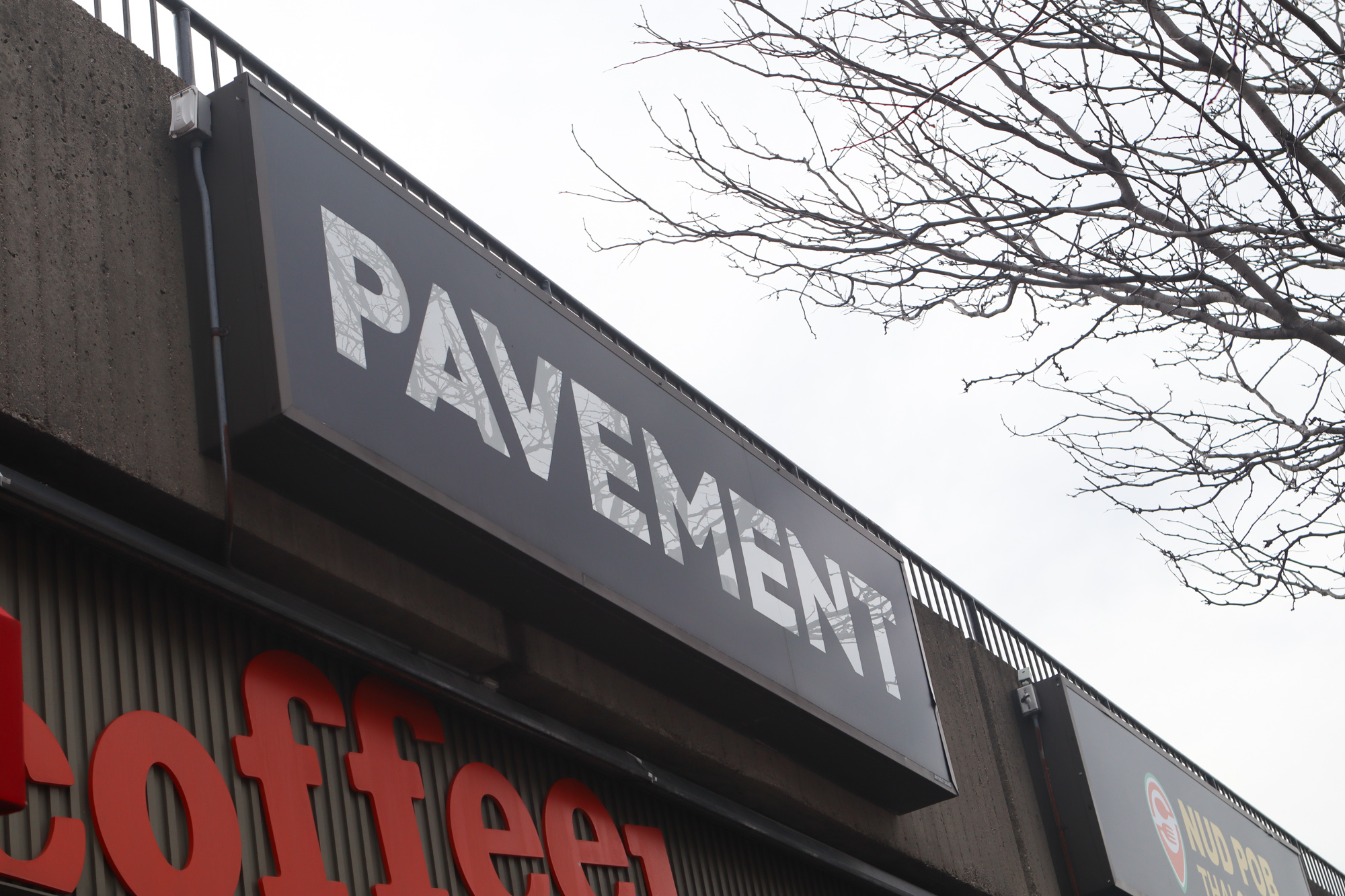When the COVID-19 pandemic broke out in March 2020, Noodle Street Manager Chris Chan started sewing face masks for his employees out of his own cut-up clothes.
Noodle Street, located on Boston University’s East Campus, had been serving customers for over two decades until the pandemic forced it to close for six months. It joined the 44% of Massachusetts small businesses in the area that closed amidst strict lockdown policies.

“We [are] all kind of family, so we try to protect each other as much as [we] can,” Chan said.
Most of his kitchen staff used public transportation and didn’t have access to medical-grade masks, so Chan took it upon himself to protect his workers.
Now, five years after the start of the pandemic, Noodle Street’s business has almost returned to where it was pre-pandemic.
“When it almost comes back to full capacity, we have inflation, we have uncertainty,” Chan said. “People [get] laid off so people [are] in fear.”
For the restaurant, the pandemic was a catalyst for takeout ordering. According to Chan, the amount of takeout orders Noodle Street receives has more than doubled.
Nud Pob, another Thai restaurant on East Campus, had to rely on online ordering which cut their number of orders in half, according to staff member Cooper Takham.
Although Nud Pob struggled financially during the pandemic, the restaurant did not fully close its doors, thanks to a Thai community Facebook group.
During the pandemic, Nud Pob created a special menu with Thai dishes that were less mainstream and more time-intensive to “remind [them] of home,” Takham said.
The special menu was exclusively posted to the Thai community Facebook group, where members could order takeout or delivery.
“We were trying to make [food] for the people who are interested, which is the Thai community that we have in Boston,” Takham said.
Though Nud Pob has returned to its original menu of quickly-assembled meals for students, COVID was a “good time for [the restaurant] to rethink things” to operate more efficiently, he said.
Life Alive, an organic cafe with multiple locations around Boston, continues to see progress with health and safety in the workplace, even post-pandemic.
Heath Taylor, the general manager of its Brookline location on West Campus, said COVID gave them a “heightened sense of and focus on sanitation,” specifically with cross-contamination awareness.
“I’m not saying that COVID gave us that awareness, but it definitely put us in that mindset,” he said.
Seth Gerber, an adjunct professor at the School of Hospitality and co-owner of two restaurants, said businesses that learned to adapt during the pandemic were the ones that prospered.
“The pandemic highlighted some very big systemic risks and structural risks within the restaurant industry,” said Gerber.
Gerber said issues like immigration and increasing operations costs and issues made owning restaurants especially challenging.
“There’s just a lot more people that are aware of these various challenges and are trying to figure out what role they can play in helping to move the industry forward,” he said.
Gerber’s own restaurant, MIDA, was nearly put under by the pandemic. But in his restaurant management courses at SHA, Gerber said he tries to not over-emphasize COVID’s impact on the restaurant industry to his students.
“There’s no reason to hold on to the past in a way where we still think we’re stuck in 2020 [because] ultimately the guest doesn’t really care,” said Gerber. “We can say, ‘Oh, it’s been really hard since the pandemic’…[but] I think the more you talk about it, the more you kind of use it as a crutch.”
Gerber said restaurants “have to move forward, and [they] have to be better than [they] were.”
To Chan, Noodle Street’s survival is thanks to the community they’ve built over the years.
“We see a lot of generations of students,” said Chan, “They graduate [and] come back with their kids…and they still remember us.”



















































































































